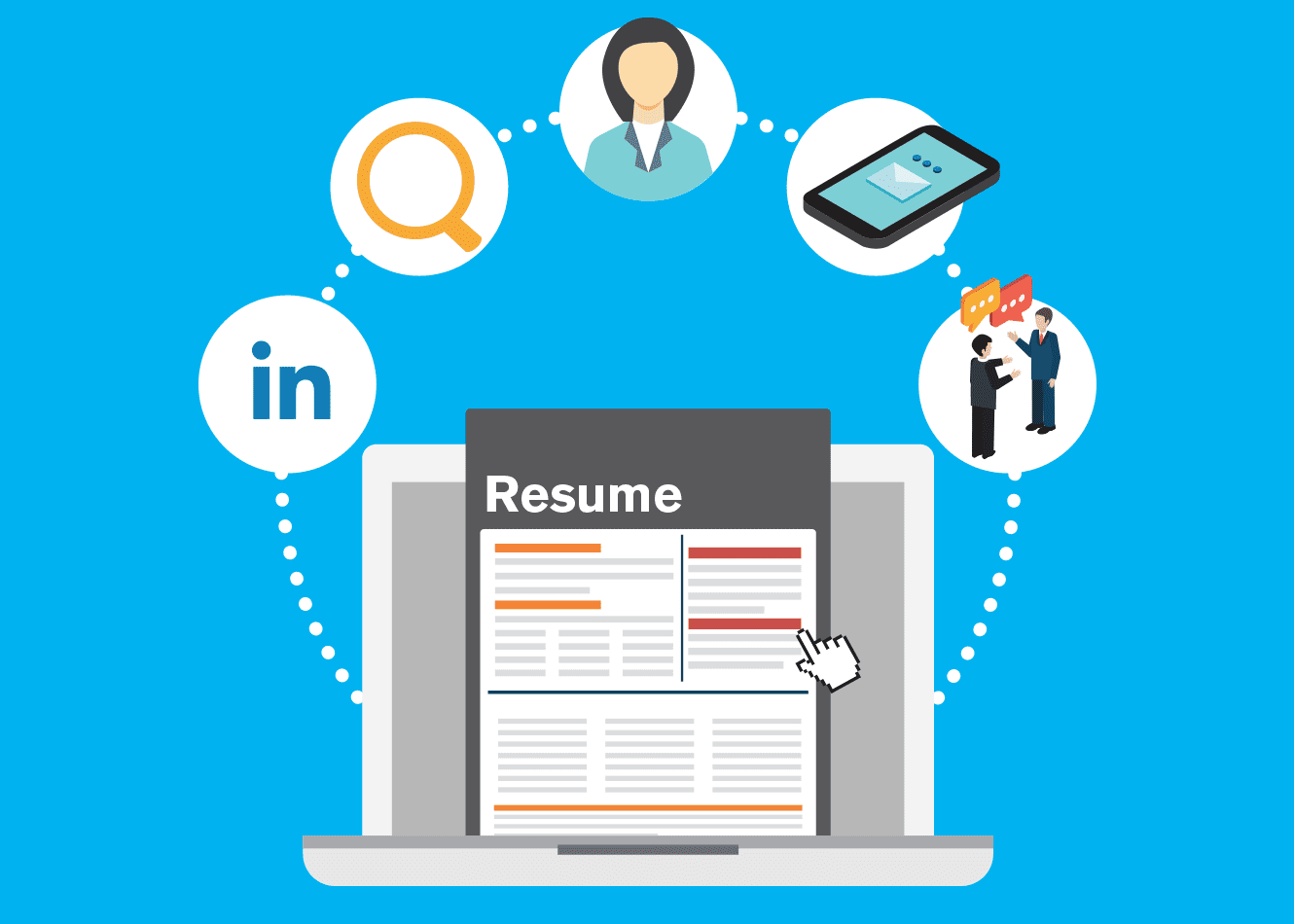Are resumes still relevant?

Between the creative resumes that go viral, video applications and the increasing need for everyone to have a digital presence, you might assume that it’s time to file away the traditional two-page career summary for something a bit more flashy.
The resume hasn’t disappeared yet, but its role is changing. If you’re looking at finding a new job in the near future, you may need to re-think your approach to getting your career history in front of the right people in order for you to make the shortlist for an interview.
Resumes are now about searchability and keywords
Early on in the recruitment process, a resume is a good way for employers to compare candidates for a role, helping them to gain a succinct overview of your experience, skills and achievements.
However, resumes are becoming less important as a creative way of selling yourself, and more important as a way of finding and screening potential candidates.
Recruiters search in candidate databases for specific keywords – infographics, videos and slide presentations can’t be searched in the same way. Neither can pdfs, so ensure that you stick to editable file formats such as Word.
For some specific job applications, resumes submitted will be automatically scanned to create the first shortlist for interviews, so make sure that you’re using the correct terms to describe your skills and knowledge, and double-check against the job ad to make sure you’re using the same keywords.
The ‘digital interview’: why you need to be prepared
While the resume remains a baseline requirement for the majority of hiring managers looking for a new hire, it’s no longer the only way to find out about your career history.
Where once a resume was the only way to screen a candidate, it’s likely you’ll be screened via search engines and on social media before an interview offer is made. Your digital footprint will almost certainly be checked out before receiving a job offer.
It’s not just about having a LinkedIn profile – although that’s now a non-negotiable requirement for professionals. To make the best use of your online profile, you need recommendations from past employers, clients and colleagues. You should also include content that showcases your achievements, such as articles, videos, images, presentations and links to websites or media.
As an engaged professional, you should also be commenting on issues relevant to your field in order to be seen as a contributor and an influencer. Having a well-maintained and content-rich LinkedIn profile can build your credibility and reputation: candidates who have a strong digital footprint can have an edge over their less visible and less active competitors when it comes to the digital interview.
On top of all this, organisations are working towards using artificial intelligence to gather talent analytics data (including the data you create online) to model the ideal employee and analyse your suitability for a role. This means that in the future, your entire digital history could contribute to hiring decisions. For this reason, professionals need to be conscious of their online activity and how it contributes to the picture of their career history online.
In short, the resume is alive and well, but it now forms just one part of the hiring process, and to build a great value proposition for a potential employer, it must also go hand-in-hand with an established and professional digital persona.
How to improve your digital profile
To give yourself the best chances of getting a call from your recruiter you should:
Maintain consistency
Dates, role titles, responsibilities and locations should all match up between your resume and your online job history so no question marks are raised.
Critically evaluate your professional digital persona
Show that you’re engaged in your industry through regular updates such as sharing interesting articles and commenting on the activity of others. Make sure your profile reflects your offline activity, including networking events you’ve attended, achievements, career goals, specialisations and professional affiliations.
Review privacy settings for all your accounts
It’s fine to want to keep your personal and professional lives separate, so make sure that your personal accounts and blogs are either anonymous or private to avoid any crossover.
Further tips: How to write a resume

